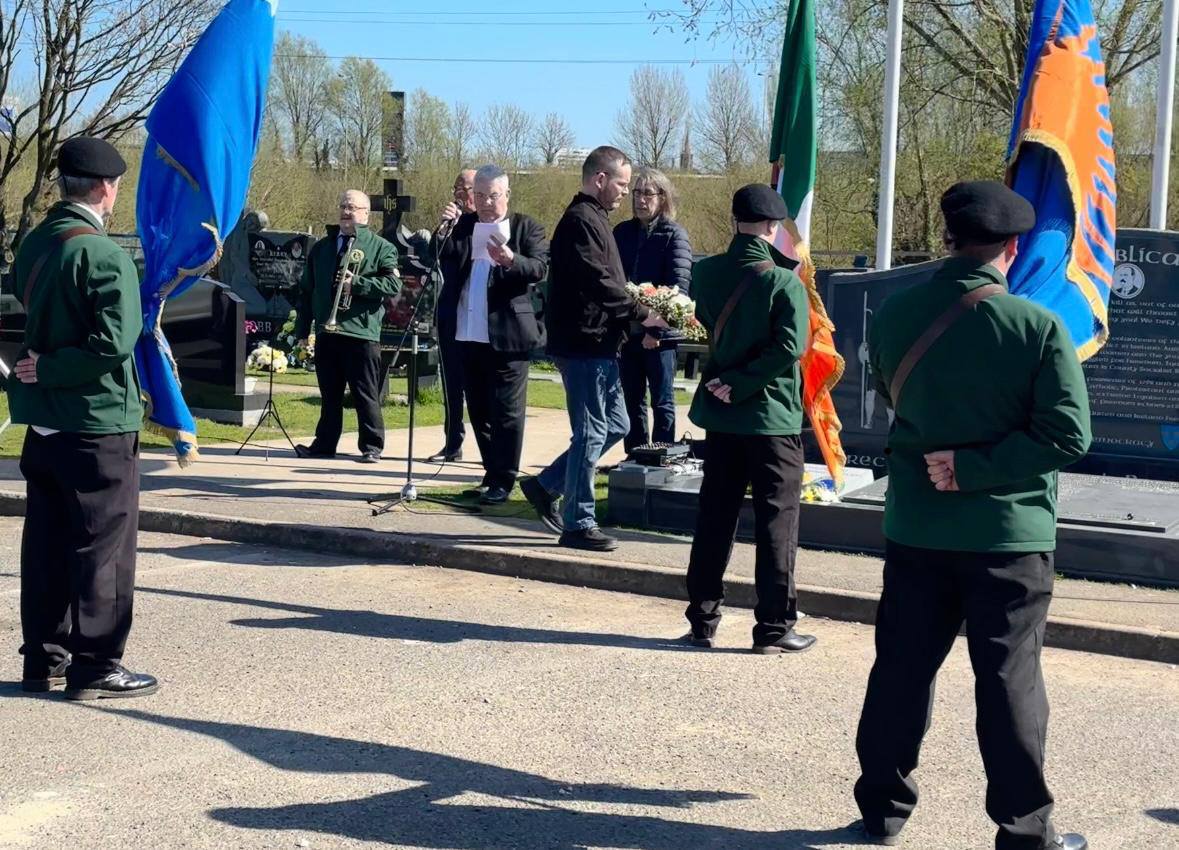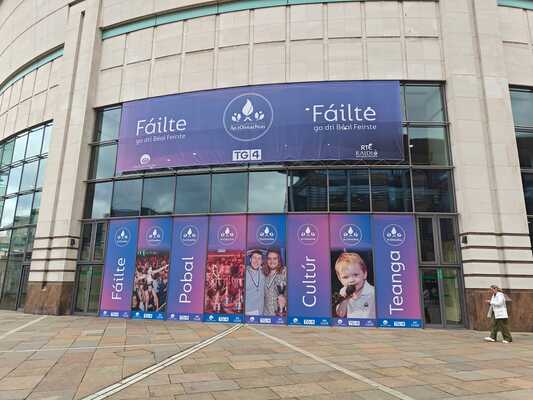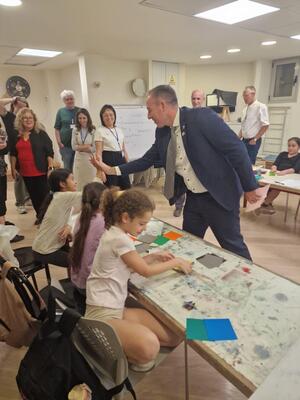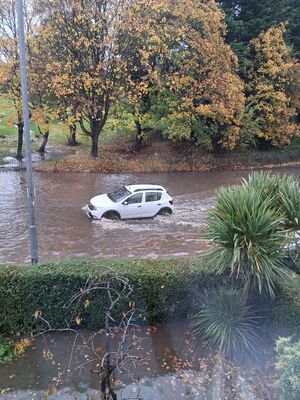THE Workers Party Republican Clubs will hold a commemoration this weekend to mark the 50th anniversary of the 1975 pogrom.
It will be held on Saturday, November 1 at 1pm at the Old Plot in Milltown Cemetery. Everyone is welcome to attend.
Between October 29 and November 11 1975, eight Republican clubs members and their families were murdered – including six-year-old Eileen Kelly– and dozens more were injured, driven from their homes, or terrorised for their political beliefs.
The violence erupted after a a political split in the republican movement.
In early 1975, three leading Belfast activists — Billy McMillen, Seán Fox and Paul 'Cheesy' Crawford – were murdered.
The atmosphere of intimidation and revenge would soon escalate further.
On October 29, the Provisional Alliance launched a coordinated campaign of attacks targeting members of the Republican Clubs and their families. Armed raids were carried out at homes across Andersonstown, Turf Lodge, Twinbrook, the Market, the New Lodge, Ballymacarrett and the Ormeau Road. The British army, ubiquitous in nationalist areas at the time, was notably absent.
That evening in McKenna’s Bar in the Market, gunmen opened fire on three men watching television. Robert Elliman, Public Relations Officer of the Mellows/McCann Republican Club, was killed. Two others were wounded. Elsewhere, a 78-year-old blind man was beaten when the attackers failed to find his son.
The following night tragedy struck again. In Beechmount, shots fired through a family’s window killed six-year-old Eileen Kelly. The intended target was her father, a Republican Club supporter. The apology issued afterwards rang hollow; the campaign continued.
Within twenty-four hours, Tom Berry, an East Belfast member, was gunned down outside the Sean Martin GAA Club.
Over the next fortnight, Belfast was plunged into fear. Homes were marked with white paint to identify targets. Families fled in the night. Workers were attacked as they left for their shifts. Former members were not spared.
On 3 November, Jim Fogarty was murdered in front of his pregnant wife.
On 9 November, John 'Mario' Kelly was shot dead.
On 11 November — the single bloodiest day — three more were killed: 19-year-old Jackie McAllister, shot while waiting for a bus; Comgall Casey, executed in his workplace; and John Browne, murdered outside his home on the Ormeau Road.
In less than two weeks, eight people were dead. Many more lives were destroyed.
A contemporary report in The Irish People captured the atmosphere starkly — and accused the Provisional alliance of pursuing “a policy of sectarian intimidation and anti-social behaviour” against socialists.
Despite the terror, the Republican Clubs refused to be driven underground.
On 1 November, in the middle of the attacks, activists leafleted Royal Avenue under the slogan 'Sectarianism Kills Workers.' Then they went to bury Robbie Elliman.
From hospital beds, wounded members sent their own message of defiance. Their resilience would prove decisive.
Far from destroying republican socialism, the pogrom strengthened its resolve. The movement endured, reorganised, and in 1982 formally adopted the name The Workers’ Party. Its programme — a democratic, secular, socialist Republic — continues to draw from the same principles that made its members targets in 1975.
Fifty years on, the victims of the pogrom are remembered not only as casualties of a violent era but as men, women and children who stood for a politics that refused to pit neighbour against neighbour.
Seán Fox – 25 February
Paul 'Cheesy' Crawford – 12 April
Liam McMillen – 28 April
Robert Elliman – 29 October
Eileen Kelly (6) – 30 October
Tom Berry – 31 October
Jim Fogarty – 3 November
John 'Mario' Kelly – 9 November
Jackie McAllister – 11 November
Comgall Casey – 11 November
John Browne – 11 November








